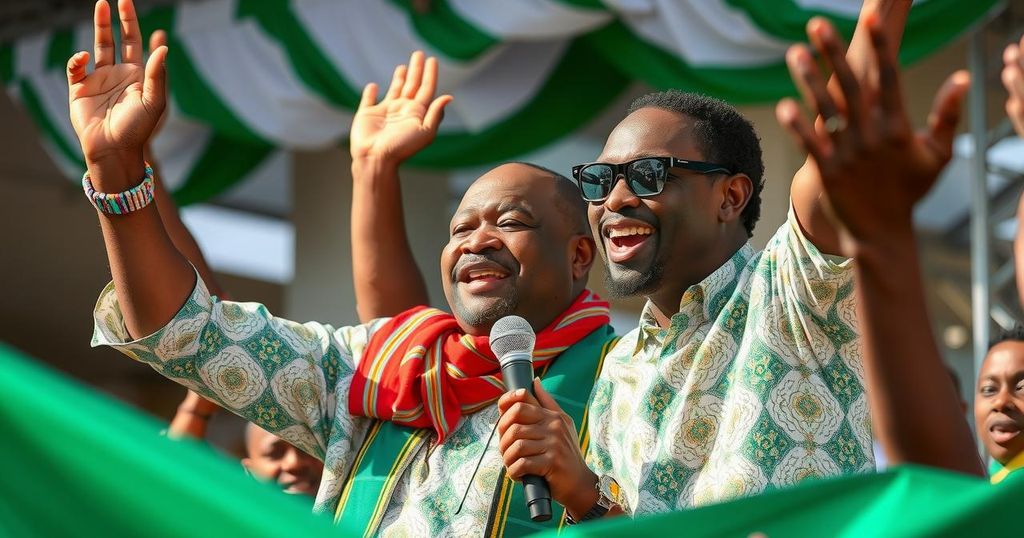The ruling party in Comoros, the Convention for the Renewal of the Comoros, has won 28 of the 33 parliamentary seats, maintaining its majority under President Azali Assoumani. The democratic process faced challenges due to the boycott by several opposition parties citing electoral fraud. Comoros has a history of political instability since its independence in 1975.
In Comoros, the ruling political party, the Convention for the Renewal of the Comoros (CRC), has secured 28 out of 33 parliamentary seats in recent elections, as announced by the electoral commission. This victory ensures that President Azali Assoumani’s party maintains its parliamentary majority. However, the election results await confirmation from the Supreme Court. Notably, some opposition parties boycotted the election, alleging previous instances of electoral fraud by the ruling party.
The Comoros archipelago, located in the Indian Ocean near Madagascar, has experienced political instability since its independence from France in 1975, marked by a series of military coups. President Assoumani, a former military officer, originally seized control in 1999 after orchestrating a coup against the incumbent president. He stepped down after a single term in 2006 but re-entered the political arena, winning subsequent elections in 2016 and maintaining power ever since. Assoumani was able to circumvent term limits through constitutional amendments made in 2018, which also disregarded a prior agreement intended to rotate the presidency among the islands of Comoros.
Comoros consists of three islands situated off the eastern coast of Africa and is historically characterized by its tumultuous political landscape. Since gaining independence from France in 1975, the country has encountered numerous military coups, contributing to political instability. As a former military officer, President Azali Assoumani has had a significant influence over the country’s governance. His multiple terms in office and constitutional revisions underscore efforts to consolidate power despite criticism and allegations of electoral misconduct from opposition parties.
The successful election of the ruling party highlights President Assoumani’s continued dominance in Comoros’ political framework, while opposition discontent underscores ongoing challenges in the country’s democratic processes. The upcoming confirmation of these election results by the Supreme Court will be critical in determining the legitimacy of this electoral outcome, amidst allegations of previous electoral fraud. The political landscape remains complex as the nation strives for stability amidst historical upheavals.
Original Source: www.seattletimes.com






